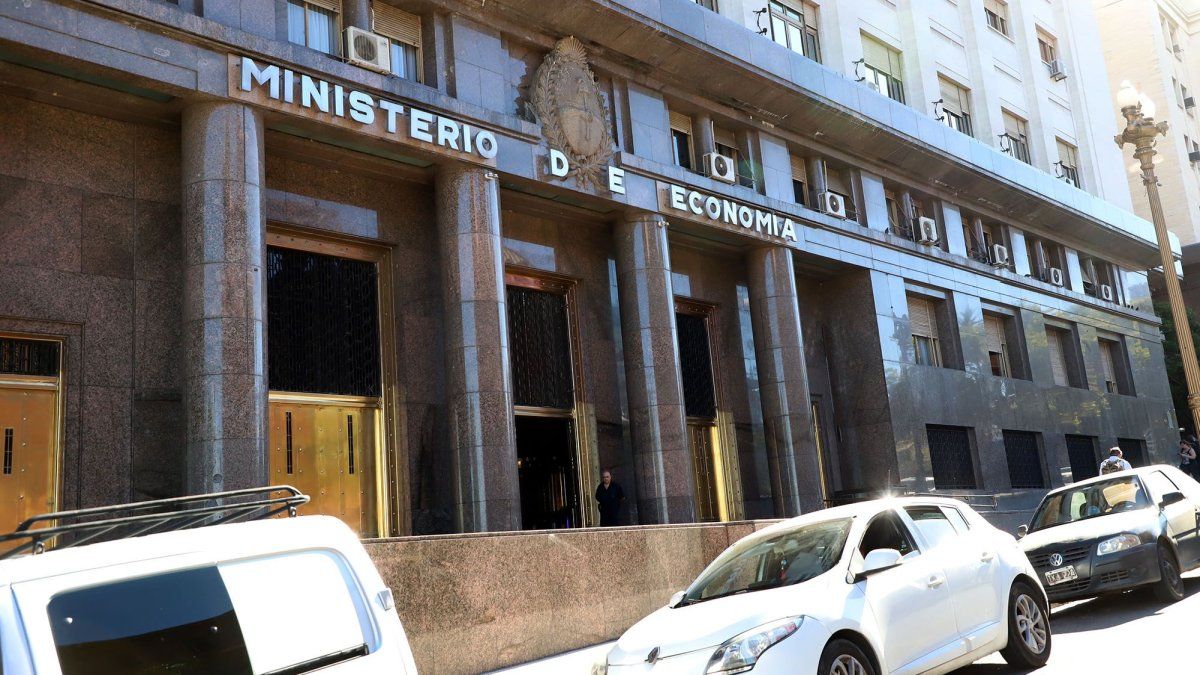The outbreak is an “emergency of international concern,” said WHO Director-General Tedros Adhanom Ghebreyesus in Geneva on Saturday. “There is clearly a risk of further international spread, although the risk of disrupting international travel remains low,” he said. Austria sees itself prepared.
There are still many questions about the unusual spread of monkeypox, which used to be limited to a few countries in Africa. The step is reminiscent of the Corona crisis, because of which the WHO also declared a health emergency in January 2020. However, both diseases are not comparable due to the different transmissibility.
16,000 cases in 75 countries
More than 16,000 cases of monkeypox have now been confirmed in 75 countries, and five people have died, Tedros said. Europe is particularly affected. In contrast to the rest of the world, the WHO assesses the risk of infection as high, according to the WHO boss.
So far there have been 99 confirmed cases in Austria. The Ministry of Health emphasized at the weekend that it was well prepared against monkeypox. Austria has already taken all the necessary measures: since February 25, monkeypox has been classified as a notifiable disease. Since then, official measures such as isolation and the tracing of contact persons have taken place. The first shipment of vaccine also arrived this week.
Affects almost exclusively men
A committee of independent experts convened by the WHO was initially unable to agree on whether to declare an emergency. Nevertheless, the WHO acted, which had been accused of acting too late in connection with the Corona crisis. The highest alert level that has now been declared is intended to encourage the governments of the member countries to take measures to contain the outbreak. They should, for example, sensitize doctors and clinics, take protective measures in suspected cases and educate the population on how to protect themselves from infection. “This is a call to action,” said WHO expert Mike Ryan to governments.
Even three months after the outbreak, 98 percent of those affected were men, said WHO expert Rosamund Lewis. Infections are currently concentrated in men who have sex with men – especially if they have many partners. “It means this outbreak can be stopped – with the right strategies in the right group,” said Tedros. At the same time, the WHO warned against stigmatizing those affected. Cases have since been recorded in other sections of the population.
According to the health authority CDC, two cases in children have now been confirmed in the USA. This was announced by the deputy chief of the CDC division for high-risk pathogens and pathology, Jennifer McQuiston, on Friday evening (local time). In total, there are more than 2,800 confirmed cases in the United States.
Those are the symptoms
Monkeypox infection can cause skin rash, swollen lymph nodes, genital and anal inflammation, fever, chills, and muscle pain. The disease is not usually fatal, but it can be extremely painful.
With the spread of monkeypox, interest in vaccines is growing internationally. According to the WHO, at least three vaccines seem suitable for protective injection. Around half of the countries currently affected already have access to these substances. It said there were many millions of doses available. “We have the tools,” said Tedros.
On January 30, 2020, the WHO also declared the outbreak of the Sars-CoV-2 coronavirus as an international emergency. But that does not mean that people now have to prepare for the same measures for monkeypox as they did for the corona pandemic. While the coronavirus spreads through aerosols of viral particles that infected people expel when they breathe, speak, or cough, monkeypox infections usually occur through close physical contact, according to current knowledge.
Depending on the disease, the WHO sets up emergency committees, which are staffed with different experts. In addition to the international emergency due to Corona, there has also been an emergency due to polio outbreaks since 2020 (since 2014).
Completed emergencies included outbreaks of H1N1 swine flu (2010), Zika virus (2016), and Ebola (2014-2016 and 2019). At the time, the WHO also convened emergency committees for Mers-CoV (2013-2015) and yellow fever (2016). However, the experts consulted did not come to the conclusion that an emergency of international scope should be declared.
Source: Nachrichten




